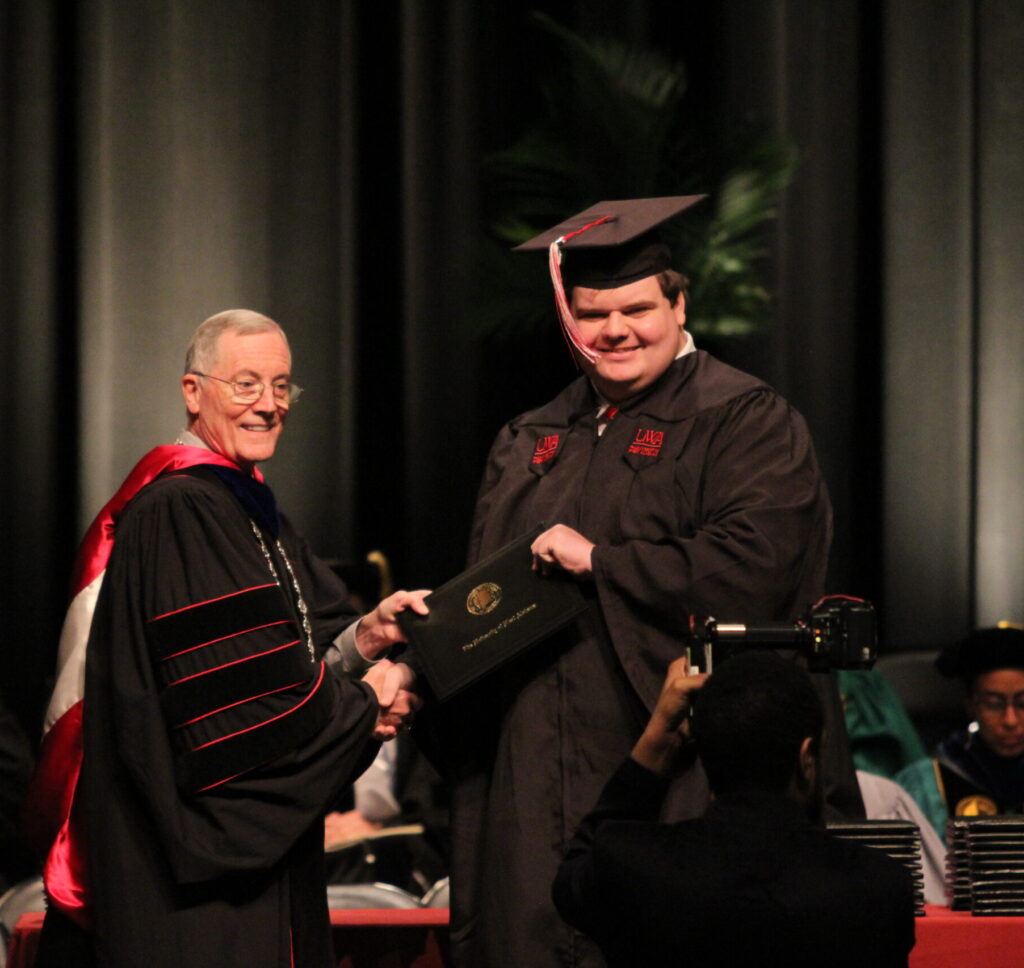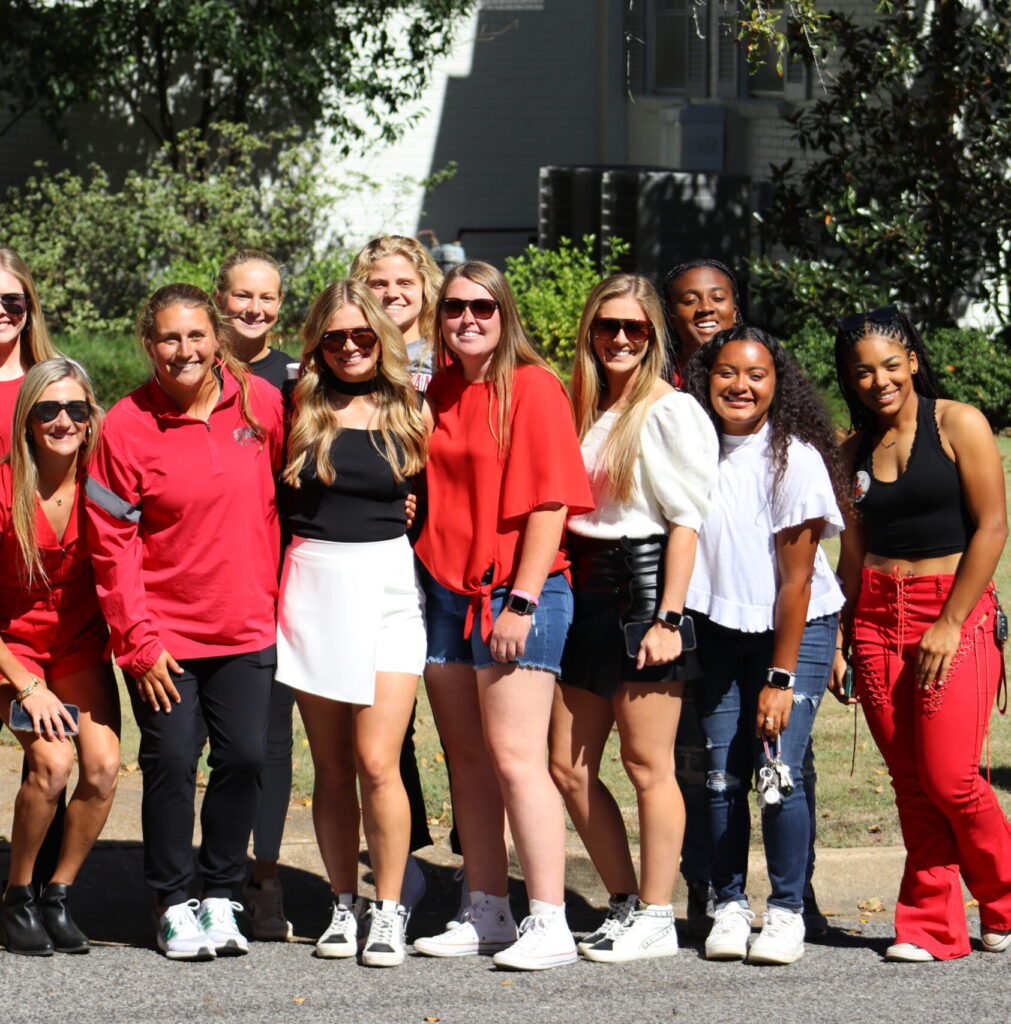Topics include the limit of a function, the derivative of algebraic, trigonometric, exponential, and logarithmic functions, and the definite integral and its basic applications to area problems. Applications of the derivative are covered in detail, including approximations of error using differentials, maximum and minimum problems, and curve sketching using calculus. Three lecture and two computer laboratory hours per week. Prerequisite: “C” or higher in MH114 or the equivalent.
The Bachelor of Conservation and Field Biology (BA/BS) degree is for students who are fascinated by plant and animal life and would like to be able to work in the field. The UWA’s region is rich in biological diversity and provides many opportunities for employment in field biology.
Visit the Academic Catalog for information regarding program admission requirements, prerequisites, course offerings and more.
Program Facts
Program Format
On Campus
Start Term
Spring, Summer and Fall semesters
Tuition Cost
Number of Credits
120 hours
Academic Calendars
Request More Information
Loading...
Sample Courses
MH121 Calculus I
4 Credits
PH201 College Physics I
4 Credits
Non-calculus-based introduction to Newtonian mechanics, energy, and thermodynamics. Three lecture and two laboratory hours per week. Prerequisite: MH113 or higher.
PH202 College Physics II
4 Credits
Non-calculus-based introduction to electricity and magnetism, wave motion, and optics. Three lecture and two laboratory hours per week. Prerequisite: PH201.
Similar Programs
Conservation and Field Biology — Forestry Dual Degree
Available in Major
Conservation and Field Biology — Wildlife Dual Degree
Available in Major
Environmental Sciences
Available in Major / Minor
Suggested Minors
Biology
Available in Major / Minor
Environmental Sciences
Available in Major / Minor
General Science: Teacher Certification
Available in Major
Career Outlook
Graduates of this program are employed in diverse occupations, typically with a significant amount of fieldwork. They have found jobs in such areas as Deer Husbandry and Ecological Observersation. The broad background provided by this program makes it an ideal preparation for graduate study in conservation biology (including the MS program in Conservation Biology at UWA).




Financial Aid & Scholarships
Financial aid and scholarships provide invaluable opportunities for students to pursue higher education and achieve their academic goals. Financial aid encompasses various forms of assistance, including grants and fellowships, loans, work-study programs and scholarships. Financial aid and scholarships alleviate the financial burden of tuition fees, textbooks and living expenses, making higher education more accessible to students from diverse backgrounds. By supporting students’ financial needs, universities foster a culture of inclusivity, equal opportunity and lifelong learning.
Hear From Our Alumni
Hear from previous and current students about their experiences.

Frequently Asked Questions
Are you a prospective student or visitor looking for information quickly and efficiently? The frequently asked questions (FAQ) section on the university’s website answers common inquiries about admissions, tuition, programs, campus facilities and more.